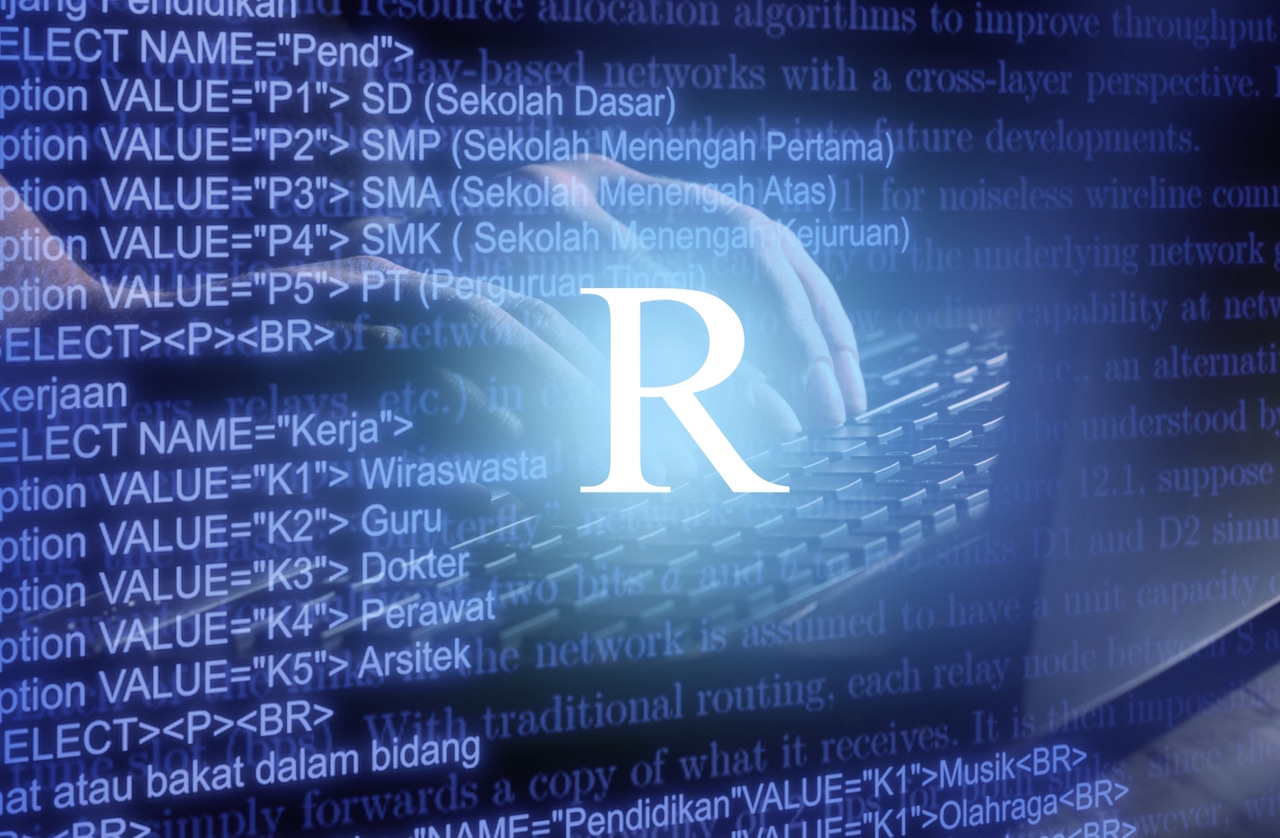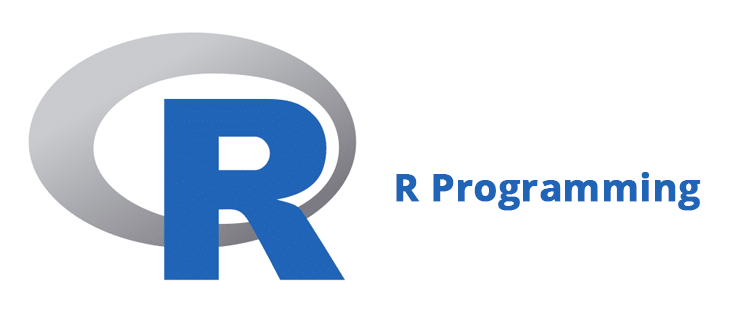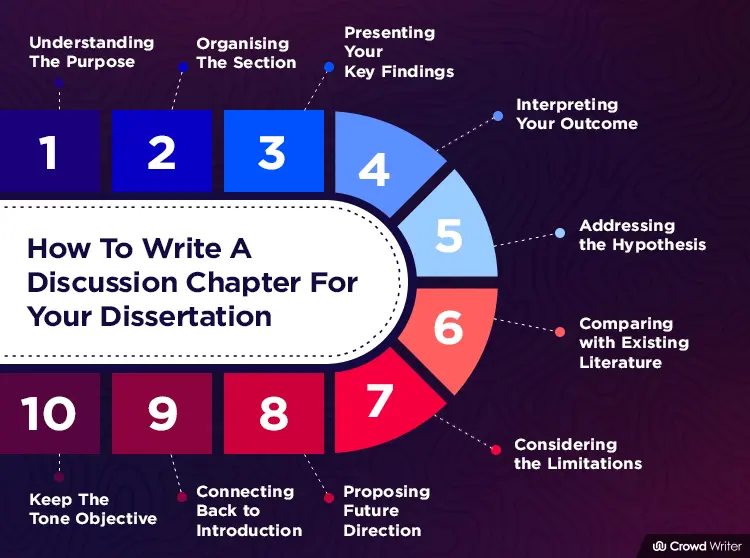Do My R Programming Homework Help: Your Ultimate Guide|2025
Need assistance with R? Do My R Programming Homework Help: Your Ultimate Guide covers expert tips, resources, and solutions to ace your assignments.
In today’s digital age, R programming has become a crucial tool for data analysis, statistical computing, and graphical representation. As students and professionals increasingly rely on R Studio to manage data-driven projects, the demand for assistance with R programming homework and assignments has surged. This paper explores the benefits of seeking help with R programming tasks, the tools available, and how online resources can serve as a vital lifeline for learners.
Why Students Seek R Programming Homework Help
R programming is renowned for its complexity. While it offers robust capabilities for statistical computing and data visualization, mastering R requires a solid understanding of programming logic, statistical concepts, and the syntax of the R language itself. Many students face challenges such as:
- Time Constraints: Balancing coursework, jobs, and personal commitments leaves little time for tackling intricate R assignments.
- Lack of Expertise: New learners often struggle to understand the nuances of R programming, from writing functions to interpreting statistical outputs.
- Technical Issues: Setting up R Studio and debugging code can be daunting for beginners.
- Need for Accurate Solutions: When precision matters, submitting flawless R assignments and solutions becomes essential.
To overcome these hurdles, students often turn to professional services and online platforms offering “do my R programming homework help free” solutions.
Exploring “Do My R Programming Homework Help Free” Options
Many learners search for free resources to guide them through their R homework. While free services might not always provide comprehensive solutions, they can be a great starting point for:
- Understanding basic concepts.
- Accessing tutorials and guides.
- Exploring open-source libraries and sample codes.
Free online forums, such as Stack Overflow and Reddit, also serve as valuable platforms where users can ask questions and receive advice from experienced programmers. However, for more tailored support, many students opt for professional services specializing in R homework help.
The Role of Professional Services in R Assignments and Solutions
When deadlines loom, and assignments pile up, professional services step in as lifesavers. These platforms offer customized solutions to meet the specific requirements of each task. Key features of professional R programming help online include:
- Expert Guidance: Experienced tutors and developers provide in-depth explanations and practical solutions.
- Timely Delivery: Services ensure that assignments are completed within tight deadlines.
- Plagiarism-Free Work: Professional platforms guarantee original and error-free submissions.
- 24/7 Support: Around-the-clock availability allows students to seek help anytime.
Whether it’s debugging code, solving statistical problems, or interpreting graphical outputs, an R studio assignment solver can make all the difference.
Benefits of Using R Studio for Assignments
R Studio, a popular integrated development environment (IDE) for R, simplifies the process of writing and running R code. Its user-friendly interface, coupled with powerful features, makes it an ideal choice for completing assignments. Key benefits include:
- Interactive Console: Allows users to execute code line-by-line, making it easier to debug and test.
- Visualization Tools: Offers seamless integration with libraries like ggplot2 for creating high-quality graphs and plots.
- Code Management: Provides tools for organizing scripts and projects efficiently.
- Extensibility: Supports various plugins and extensions to enhance functionality.
For students struggling with R Studio homework, seeking guidance from an experienced R studio assignment solver can be invaluable.
R Programming Help Online: A Game Changer
Online platforms offering R programming help have revolutionized the way students approach their coursework. These services cater to learners at all levels, providing assistance with topics such as:
- Data manipulation using packages like dplyr and tidyr.
- Statistical modeling and hypothesis testing.
- Machine learning applications in R.
- Data visualization with libraries like ggplot2 and lattice.
By leveraging these resources, students can enhance their understanding of R and improve their academic performance.
Finding Reliable R Studio Homework Assistance
When searching for R studio homework help, it’s crucial to choose reliable platforms. Consider the following factors:
- Reputation: Check reviews and testimonials to ensure the service has a track record of delivering quality work.
- Expertise: Verify that the platform employs qualified professionals with expertise in R programming.
- Affordability: Compare pricing plans to find a service that fits your budget.
- Customer Support: Opt for platforms that offer prompt and helpful customer service.
How a Homework Helper Can Simplify Your Learning Journey
A homework helper can act as a mentor, guiding you through complex assignments and helping you grasp difficult concepts. Services offering R programming help online often include interactive tutoring sessions, sample codes, and detailed explanations to ensure a comprehensive understanding of the subject.
Advantages of Professional R Programming Assistance
Professional help with R assignments and solutions offers several advantages:
- Improved Grades: High-quality submissions lead to better academic performance.
- Skill Development: Learning from experts helps students gain practical knowledge and confidence.
- Stress Reduction: Delegating challenging tasks allows students to focus on other priorities.
- Customized Solutions: Tailored assistance ensures that assignments meet specific requirements and guidelines.
Free vs. Paid R Programming Homework Help
While free resources are a good starting point, they may not always address specific or advanced needs. On the other hand, paid services offer:
- Comprehensive coverage of topics.
- One-on-one interaction with experts.
- Guaranteed accuracy and timeliness.
Choosing between free and paid options depends on your individual needs and the complexity of your assignments.
Conclusion
Mastering R programming can be a challenging but rewarding journey. Whether you’re grappling with basic concepts or advanced analytics, seeking assistance through “do my R programming homework help” services can significantly ease your burden. By leveraging resources like R Studio, professional tutoring, and online platforms, you can excel in your assignments and develop a deeper understanding of this powerful programming language. So, don’t hesitate to seek help when needed and make the most of the tools and expertise available to you.
Needs help with similar assignment?
We are available 24x7 to deliver the best services and assignment ready within 3-4 hours? Order a custom-written, plagiarism-free paper








